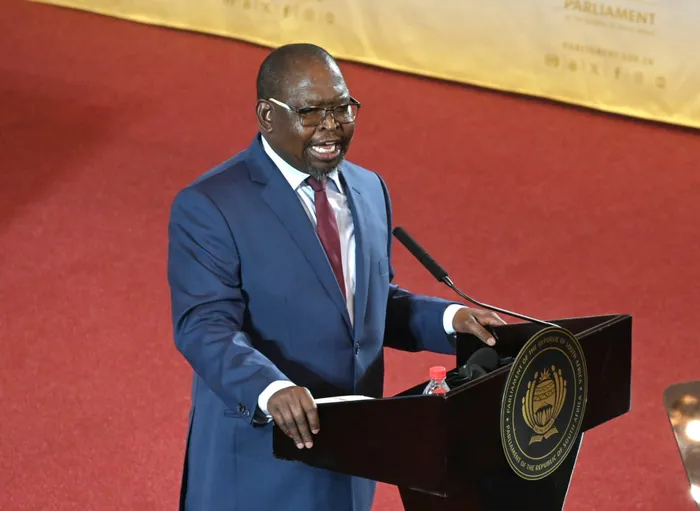
As South Africa prepared for the Medium-Term Budget Policy Statement, financial experts warned that bracket creep, stagnant tax-free savings limits, and high debt levels were putting immense pressure on households.
Image: File.
As South Africa approached the Medium-Term Budget Policy Statement (MTBPS) on 12 November 2025, experts highlighted the mounting financial pressure on consumers, particularly regarding tax policies, inflationary adjustments, and household debt.
Hayley Parry, Money Coach and Facilitator at 1Life’s Truth About Money, said one of the most pressing issues for households was bracket creep.
“For the last three years SARS has decided not to adjust the tax brackets and that puts enormous pressure on your salary. Even if we receive an increase linked to inflation or discretionary bonuses, it is not coming through to the bottom line because essentially we are paying more tax,” she said.
Parry noted that in the last financial year, SARS collected R19.5 billion in additional revenue by not adjusting tax brackets for inflation.
“This is a critical thing we need to be looking at in this statement. It is an indication of whether this approach will continue next year, which has an enormous impact on South Africans and their take-home pay.”
Parry also pointed to limitations on tax-free savings accounts.
Introduced in 2015 to encourage saving and investing, the accounts had a lifetime contribution limit of R500,000.
“If that number had been adjusted for inflation it would now be approximately R821,000,” Parry explained.
She added that the annual contribution limit of R36,000, last adjusted in March 2020, would have grown to just over R46,000 today.
“This is another example of when the government's failure to adjust for inflation continues to impact the financial well-being of South African consumers. Many South Africans are striving to make responsible financial choices but are held back because salary brackets remain unchanged despite rising costs.”
Neil Roets, CEO of Debt Rescue, also expressed concern about the impact of the MTBPS on households.
“Behind every line item and deficit figure are real people, families who are already stretched to the limit by high prices, stagnant wages and mounting debt repayments,” he said.
Roets warned that even small policy shifts, such as delayed tax changes or increased borrowing, eventually affected ordinary South Africans through higher living costs and tighter credit conditions.
Economists also painted a cautious picture. Annabel Bishop of Investec noted that revenue collection was lagging behind target while expenditure remained high.
Frank Blackmore from KPMG expected Treasury to revise growth forecasts downward, which would make balancing the books harder and leave households unlikely to see relief in the short term.
Roets emphasised that high debt levels and rising costs of living required immediate relief measures.
“Government should consider more aggressive support strategies for consumers facing financial distress,” he said.
The MTBPS was also expected to provide updates on structural reforms in the energy and logistics sectors, particularly those under Operation Vulindlela, which were crucial for easing economic bottlenecks and potentially lowering electricity costs.
Roets added that the link to direct and sustained petrol price reduction was more complex, but improving energy infrastructure remained vital for alleviating financial stress.
“While markets may look for fiscal discipline and debt-to-GDP ratios, consumers are simply looking for breathing room,” Roets said.
“The mini-budget should recognise that recovery starts with households. When families are financially stable, the broader economy follows. South Africans are resilient, but they need real signs of relief. Our wish is for this mini-budget to bring more than just numbers; it must bring hope,” Roets further said.
BUSINESS REPORT